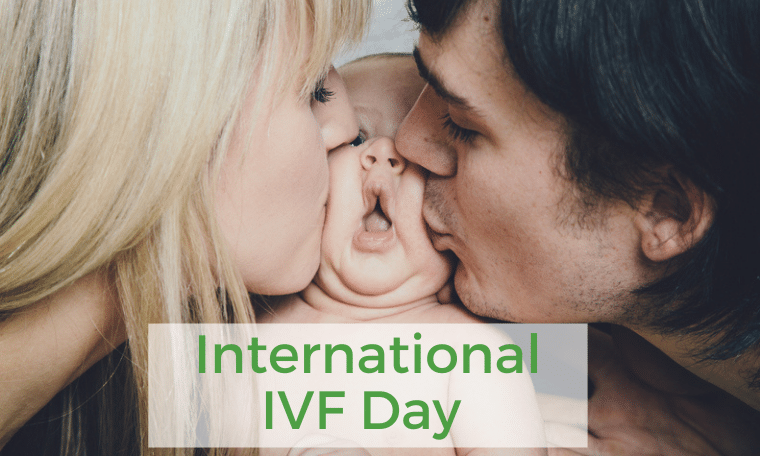
What began as a series of experiments and exploratory research is now known as a household name and one of the most astonishing medical marvels of our time, In Vitro Fertilisation or IVF.
Louise Brown, born in 1978, is the world’s first IVF baby. And, since the milestone of her birth, it is estimated by the University of New South Wales that more than eight million babies have been born from IVF globally. Meaning there’s likely an IVF baby in each classroom.
With 185 IVF babies brought into the world by First Step Fertility, Nurse Manager and Fertility Nurse Specialist Sue Rice says she is very proud of the work the team does.
“The ultimate goal is to help create a miracle baby for a couple who prior to First Step and low-cost fertility, would have been unable to have IVF,” she says.
“I love that there are children running around playing today who are a result of the amazing work everyone does at First Step Fertility”.
And while working in IVF certainly presents its challenges, Sue “never gets tired” of the abundance of reward and joy it brings patients.
“Every time I call a couple who have been trying for a long period to have a baby and being able to give them the good news that they are pregnant is like telling someone they have won the lotto,” she says.
With prioritised continuity of care between clinicians and an array of treatments available for low-cost models it appears bulk billed IVF is only going from strength to strength.
First Step Fertility is no exception. We pride ourselves on going above and beyond competing clinics to help build happy and healthy families that otherwise may not exist.
Not only do we offer a fully stimulated IVF cycle, but we aim to:
- collect 7-10 eggs
- form up to 7 embryos
- transfer 1 fresh embryo, or 4-6 frozen ones
- keep out-of-pocket costs to a maximum of $ 1980
With options of IVF, ICSI and Frozen Embryo Transfer, the development of world-class fertility treatment is ever-growing and will only continue to improve the lives of those who need help to conceive.
As more innovative treatments become available it is the hope of new mum Sam, and many others, that it will become more normalised, less stigmatised, and accessible to regional communities.
“I’d love to see access become more commonplace in rural Australia whether that be via new clinics or clinicians travelling remotely or offering telehealth,” she says.
“I’d also love for discussions surrounding infertility and the use of IVF or other methods to conceive to continue so that more people can be comfortable discussing their journey”.
Sue Rice couldn’t agree more as she understands undergoing fertility treatment is stressful in its own right and finance and travel shouldn’t factor in.
“It would be great if we could provide access to these couples that could lessen this burden financially but provide the tools to reduce travel and time,” she says.
If you are ready to take the first steps on your IVF journey feel welcome to contact our friendly staff on 1800 111 373 or book your appointment.